The most ardent opponent of Russian President Vladimir Putin, Alexei Navalny, died in jail on Friday, according to the country's prison administration. Navalny led large-scale anti-Kremlin rallies and fought against government corruption. His age was 47.
In a statement, the Federal Penitentiary Service reported that Navalny felt ill after going for a stroll on Friday and eventually passed out. When an ambulance came to try to revive him, he passed away.
According to Dmitry Peskov, the spokesman for the Kremlin, Putin was made aware of Navalny's passing, and the prison service was conducting a regular investigation into the death.
Speaking on X, the previous Twitter site, Navalny's spokesperson Kira Yarmysh stated that the politician's team had not received any confirmation of his death to date and that his attorney was on his way to the town where he was being kept.
Navalny was transferred in December from his previous jail in the Vladimir area of central Russia to a "special regime" penal colony above the Artic Circle, which has the greatest degree of security among Russian prisons. Navalny was serving a 19-year term on allegations of extremism.
The move to a colony in the town of Kharp, in the Yamalo-Nenets area, some 1,900 kilometers (1,200 miles) northeast of Moscow, was denounced by his friends as just another attempt to quiet Navalny.
The isolated area is well-known for its protracted and harsh winters. Kharp is located around 60 miles (or 100 kilometers) away from Vorkuta, a city whose coal mines were a component of the Soviet Union's gulag prison system. Since his return to Moscow in January 2021, Navalny has been detained. He had been recovering in Germany from nerve agent poisoning, which he attributed to the Kremlin. He organized large-scale anti-Kremlin rallies, sought for public office, and waged a campaign against official corruption prior to his imprisonment.
Since then, he has been given three prison terms, which he refused to accept as being driven by politics.
Political rivals in Putin's Russia frequently vanished during petty disagreements or fled the country following incarceration, alleged poisonings, or other severe persecution. But Navalny's tenacity, bluster, and keen awareness of how social media might get around the Kremlin's stifling of independent news sources helped him grow stronger every time, all the way to the top of the opposition. Whether it was a physical attack or being imprisoned, he met every setback with a deep commitment and a wry sense of humor. It pushed him to make the risky decision to return from Germany to Russia, where he would almost certainly be arrested.
In Butyn, some 40 kilometers (25 miles) west of Moscow, Navalny was born. 1998 saw him graduate from People's Friendship University with a law degree, and in 2010 he completed a fellowship at Yale.
He rose to prominence by exposing corruption in Russia's shady political and corporate landscape. Among his first actions was purchasing stock in Russian gas and oil firms to act as an activist shareholder and promote openness. Navalny's focus on corruption made his writings more financially viable for Russians, who felt deceived more often than they did on more abstract and philosophical issues like democracy and human rights.
He was sentenced to five years in jail after being found guilty of embezzlement in 2013 on the grounds that the case was politically motivated. However, the prosecutor's office unexpectedly requested that he be released while he filed an appeal. Later, a higher court sentenced him to a suspended term.
Navalny had registered as a mayoral candidate for Moscow the day before the verdict. Large-scale demonstrations in the capital of his term, according to the opposition, led to his release, although many observers thought it was the consequence of officials trying to give his release some validity. Finishing in second place, Navalny put on an outstanding show against the incumbent, who was well-liked for enhancing the infrastructure and beauty of the city and had the support of Putin's political apparatus.
Following the shooting death of prominent charismatic politician Boris Nemtsov on a bridge close to the Kremlin in 2015, Navalny's popularity surged.
In an apparent attempt to downplay Navalny's significance, Putin made it a point to never mention the activist by name, instead referring to him as "that person" or something like.
End//voice7news.tv



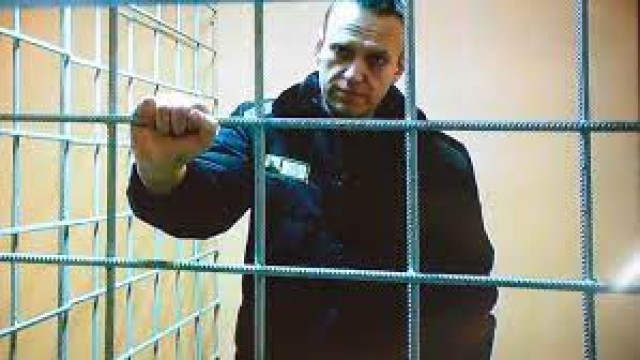
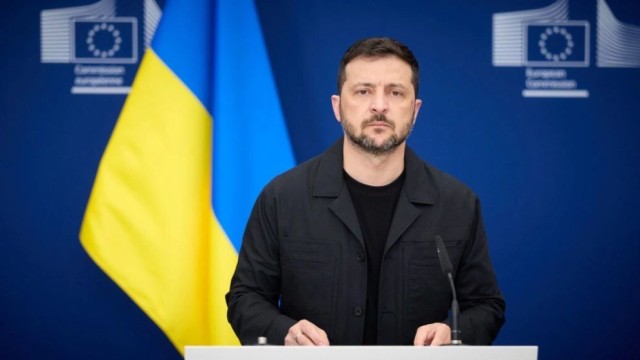
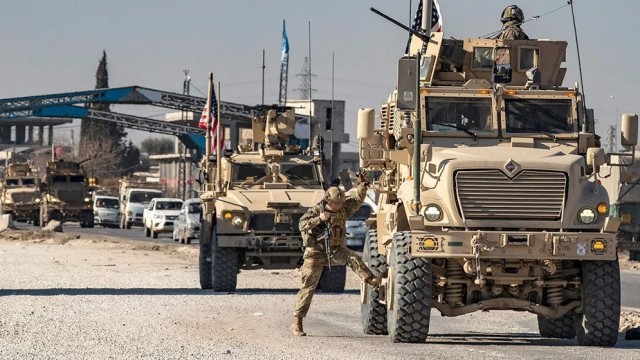
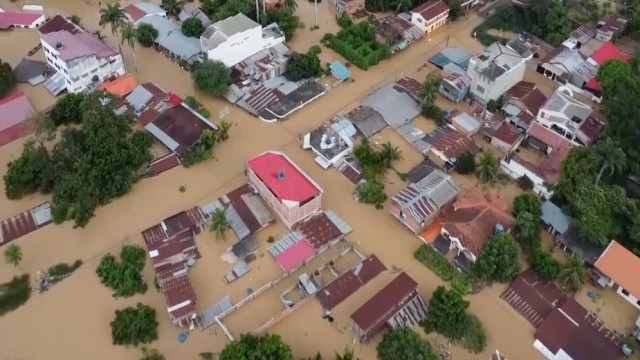
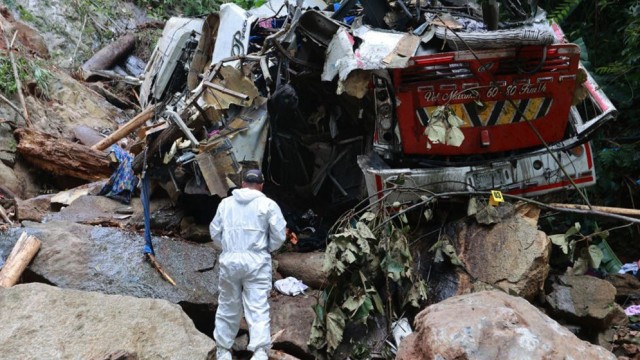
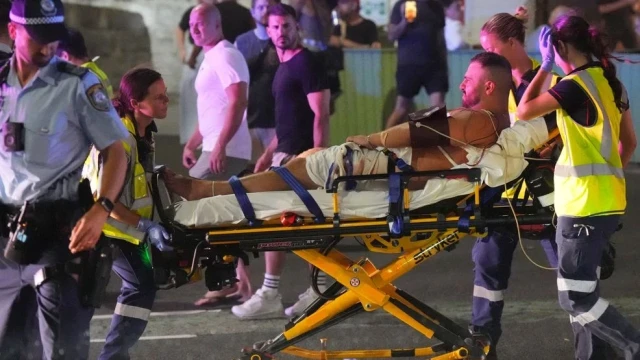
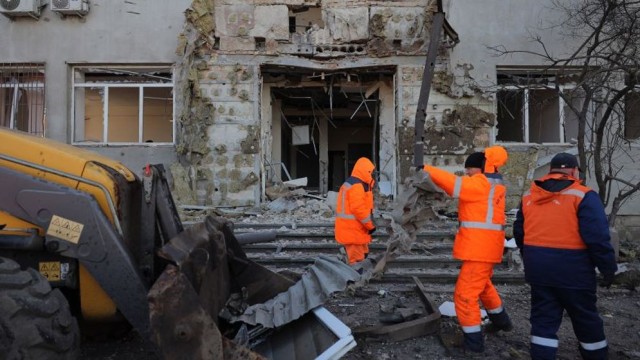
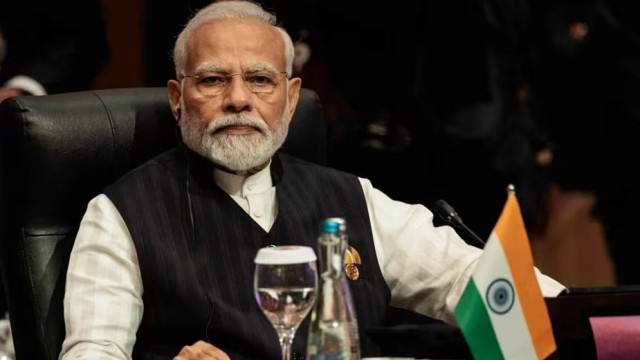
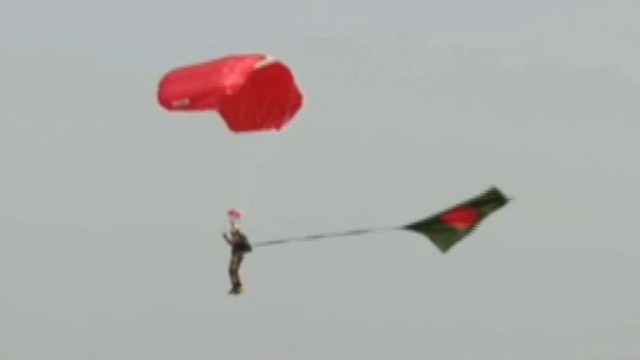
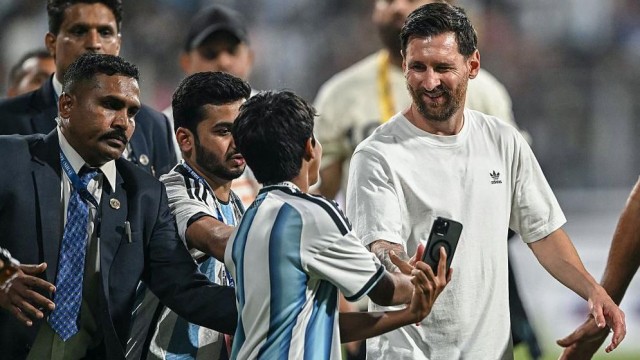
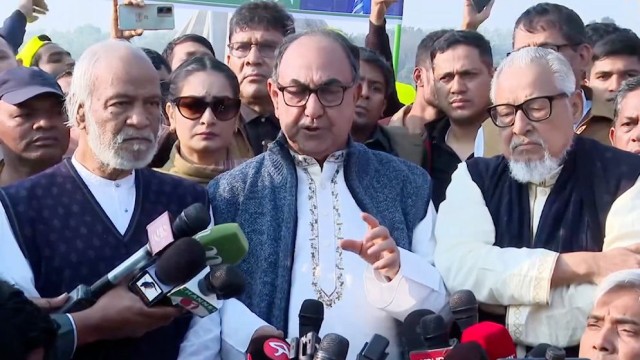
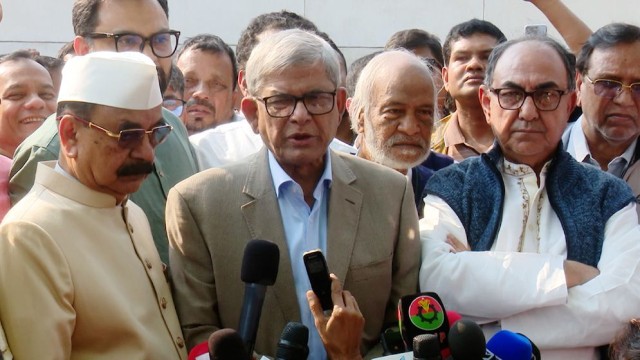
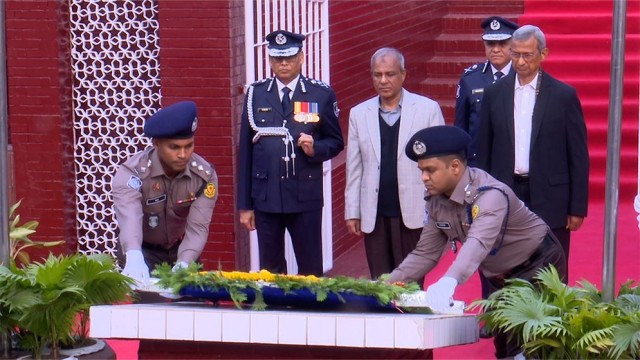
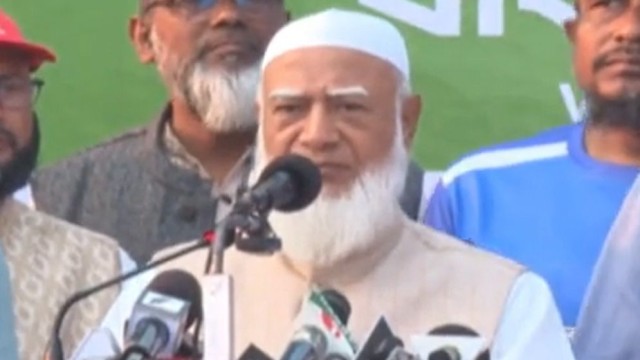
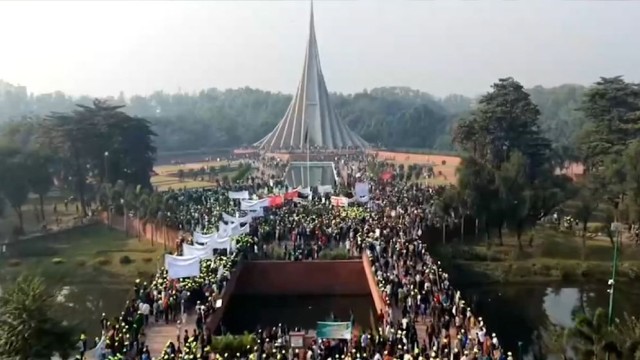
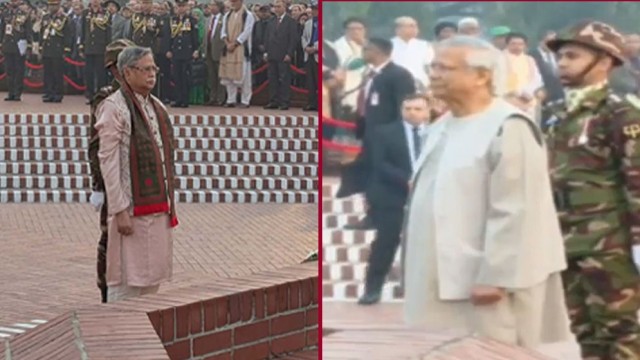
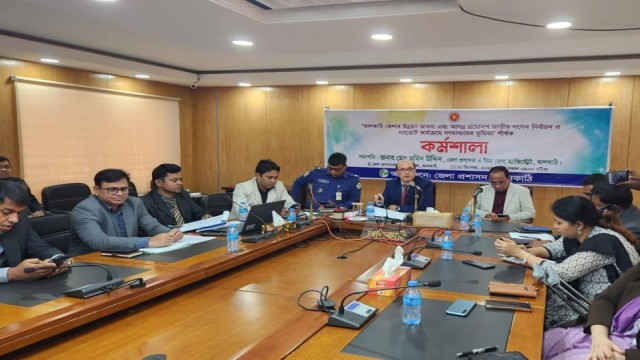

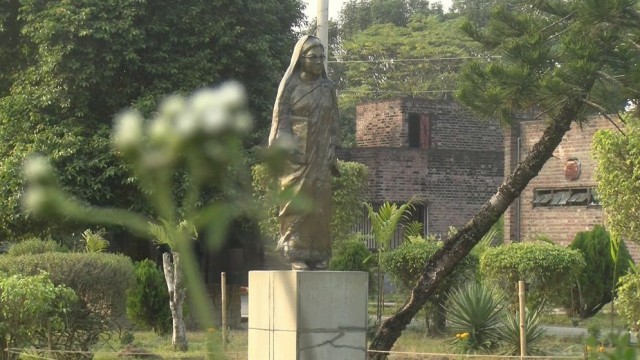
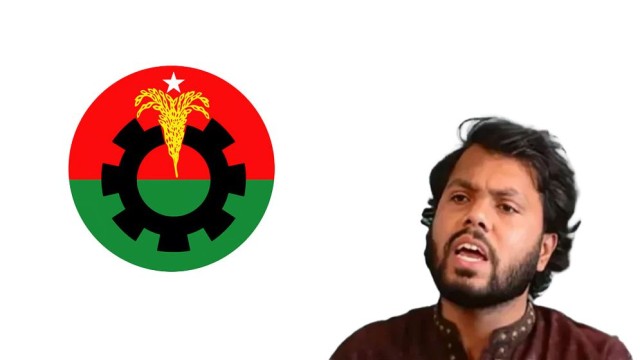
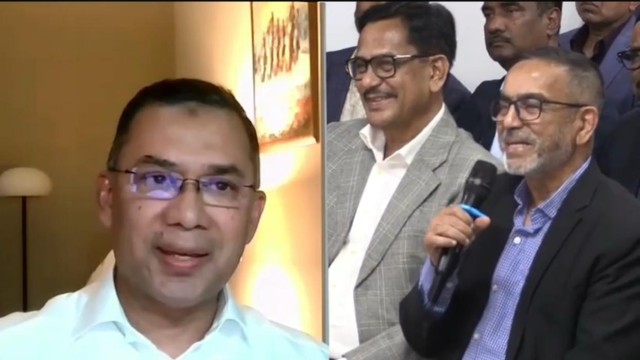
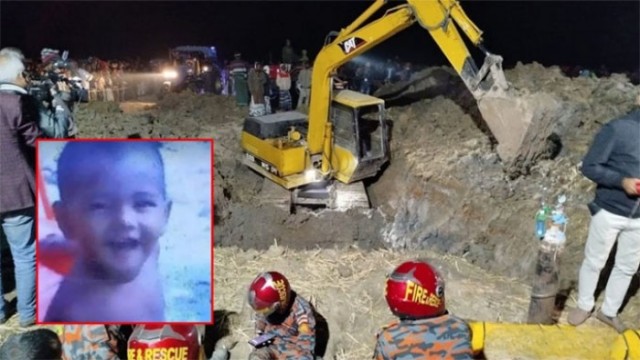
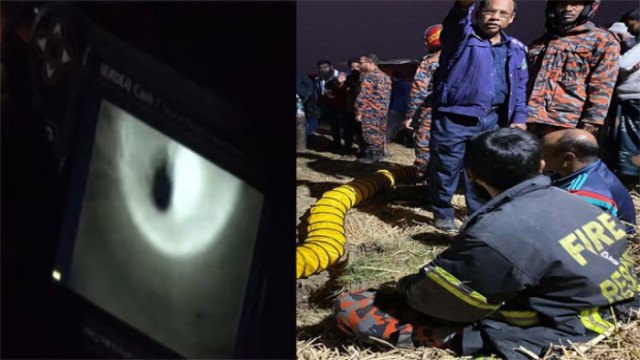
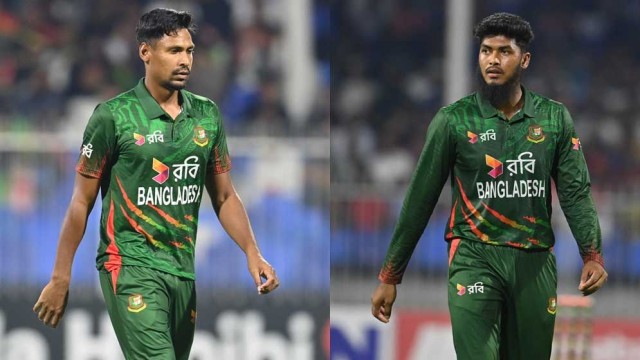
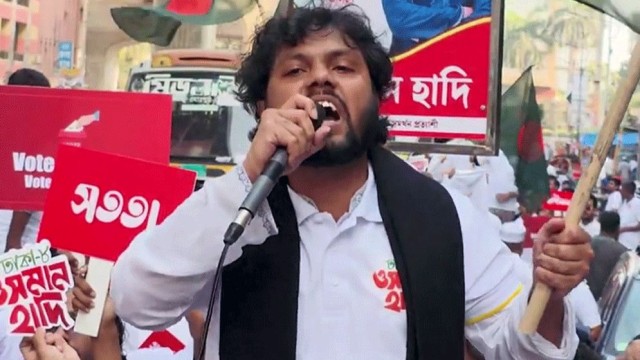
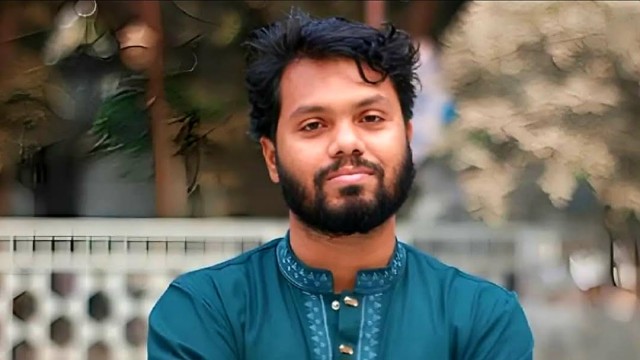
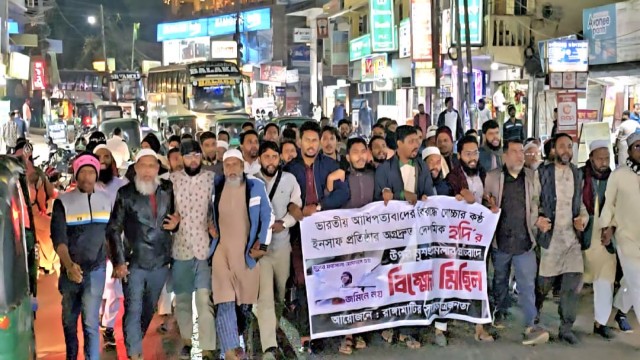
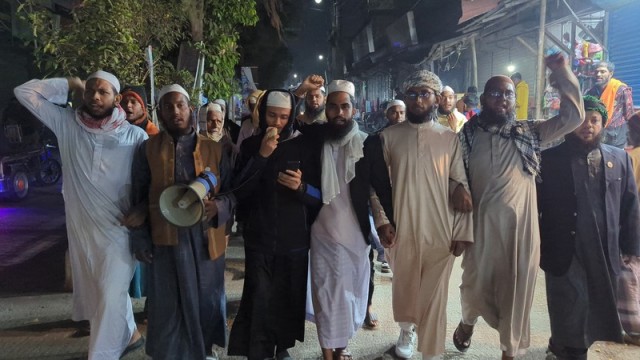
Comment: